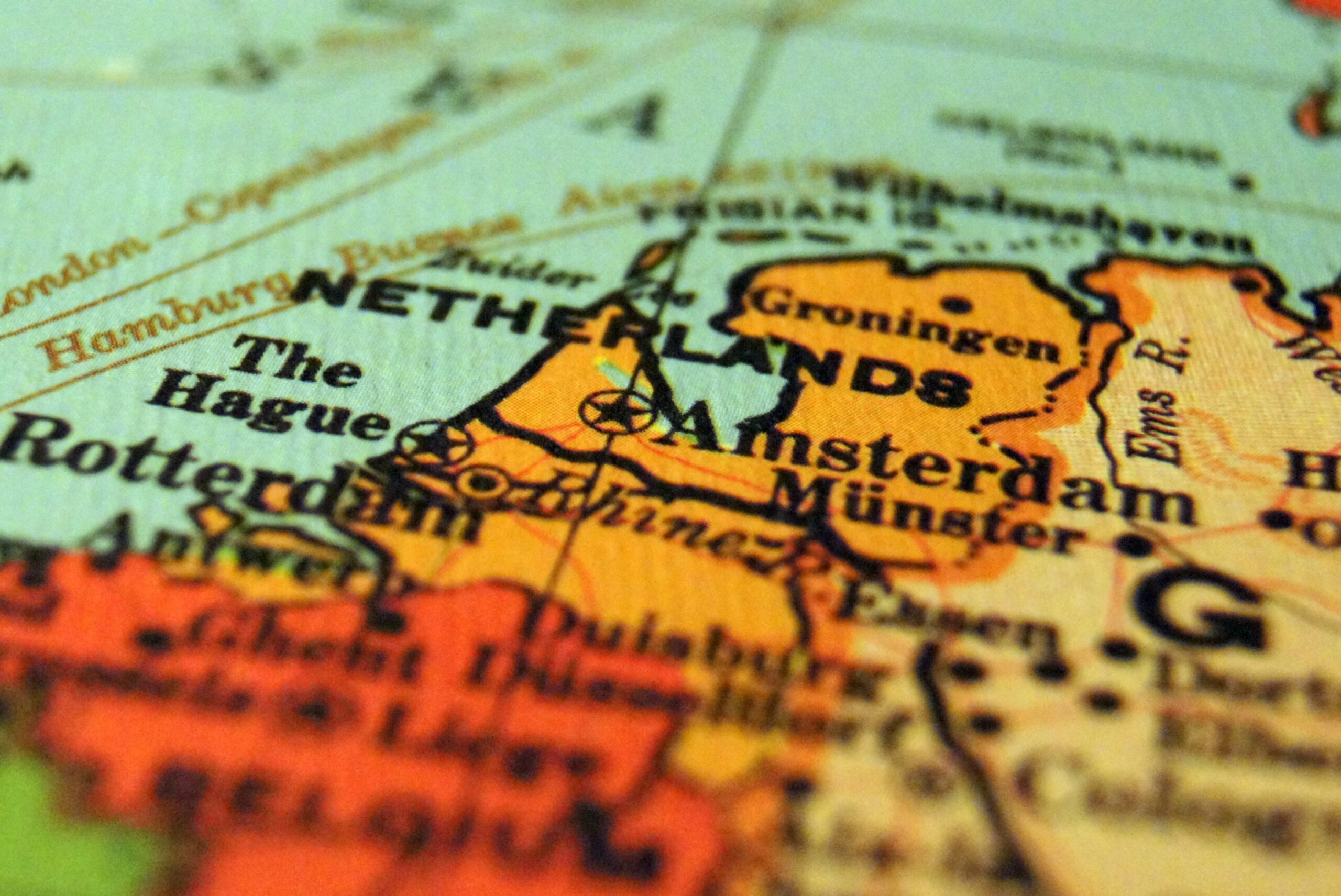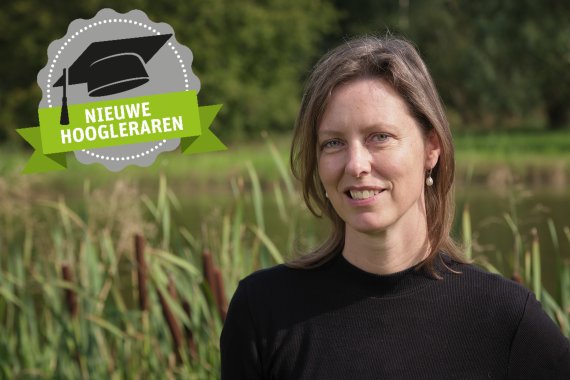This Thursday evening, the Zeewolde municipality will decide on amending the land-use plan to accommodate the construction of a data centre by Meta, Facebook’s parent enterprise. Professor of Land Use Martha Bakker is vehemently opposed and recognises the perverse incentives many municipalities face.
Bakker sounds almost indignant when she is asked about the intended construction of an immense data centre in Zeewolde. ‘Space in the Netherlands is so scarce. There are so many important challenges fighting for what little space there is*! The Netherlands already has no choice but to sacrifice farmland for other purposes, in spite of strong opposition by agrarian organisations such as LTO. If you must take farmland out of production, the least you can do is use it for something useful: construct houses, place wind turbines or return it to nature. But please, no distribution hub or data centre.’
Fertile soil
Nevertheless, that is precisely what Meta and the municipal executive of Zeewolde intend to do. If they get their way, one of Europe’s largest data centres is to be constructed on the Zeeland clay. A so-called hyperscale. This requires 166 hectares of land. Bad idea, says Bakker. ‘The trend of constructing data centres on fertile soil must be reversed. The soil will become permanently infertile due to the massive amount of concrete. It would be better to construct solar parks. Not the most efficient use of land, but at least without irreversible damage.’
National needs
The professor understands why the municipality did not immediately turn down Meta’s request. ‘Municipalities must pull out all the stops to maintain provisions such as juvenile care, libraries and swimming pools within their budget. Increasing the value of land by changing its use is an easy way to generate more income.’
Municipalities must pull out all the stops to stay within their budget
‘Municipalities often use the argument of creating employment. The number of jobs generated through such large data centres is disappointing, however, while big tech is not considered among the best employers. But all these arguments do explain why municipalities are not all that focused on national needs. That is the result of the way spatial planning is currently organised. Previously, the government had more say in the matter.’
Pavlov
When asked about a possible solution, Bakker calls for the reinstatement of a ministry of Spatial Planning, as she advocated earlier in Resource (links to English content). ‘Of course, this is not an instant solution for every issue. And, I am aware of my colleague Katrien Termeer’s (professor of Governance) warning of a Pavlov reaction because central governance was not ideal either.’
According to colleague Katrien Termeer, central governance was not ideal either
‘Nonetheless, I do believe it better to leave the distribution of scarce space among the various sectors to an institute at a national level, rather than leaving it up to the municipalities. After all, they compete against each other for the favours of those exploiting the land. That results in perverse stimuli which leads to inefficient land-use.’
The new government coalition appears to share Bakker’s views. The coalition agreement that was presented today indicates that a Minister of Spatial Planning and Public Housing is to be appointed. The following paragraph is also noteworthy: ‘Hyperscale data centres use a disproportionate amount of the available sustainable energy in comparison to their added value for society and the economy. Thus, the national criteria for permits and acceptance will be made stricter.’
Not all too sound
The Netherlands already has examples of how not to accommodate data centres. Questions were raised over the legality of permits for Google and Microsoft data centres in the Wieringemeer in Noord-Holland province, as well as over the not all too sound process of land sales in Eemshaven for the Google hyperscale there.
In Zeewolde, the tension surrounding the data centre will reach its boiling point (for now?) on Thursday at the start of the council meeting at 19.00 pm. The meeting will be live-streamed. This is an important milestone in the data centre dossier, which started in 2019 and was veiled in obscurities for a long time. For example, it only recently became clear that Meta/Facebook is the party behind Polder Networks, the name that was used in this dossier up until then.
Obstacles
The municipal council must reach a decision on changing the current agricultural purpose of the land. The municipal executive already agreed to do so in November, but this decision may be overturned by the council, perhaps as a result of the no less than 166 perspectives lodged by citizens and stakeholders against the plan.
Another possible obstacle is the fact that Meta does not own all 166 hectares of land. Approximately half of it is still the property of the National Real Estate Agency. This agency stated last week it would only consider selling if a prospective buyer meets certain sustainability guarantees.
Nice stunt
And, there is more going on: At the start of this week, the civilian cooperation Land van Ons expressed an interest in buying the farmland in Zeewolde, referring to a Supreme Court ruling of less than a week ago. That ruling states that municipalities are no longer permitted to sell land through single party agreements but are obligated to allow other interested parties the opportunity to bid
The Land van Ons bid far exceeds the agricultural value
Bakker considers it a nice stunt. She points out that the Land van Ons bid far exceeds the agricultural value. ‘This soil is not as fertile as some seem to think. The rest of the Noordoost Polder has top-quality soil, but this western part suffers from compaction’, she explains.
Energy issues
In addition to using a lot of space, data centres also use a huge amount of energy. It is said that the data centre in Zeewolde will use as much energy as a city twice the size of Amsterdam. This will put additional pressure on the power grid, which may not be able to handle it without changes. However, the bill for such upgrades will not be paid by Meta since Dutch law states that the cost of the power grid is to be paid through the grid management fees stipulated by the ACM supervisory organisation by all connected energy consumers: businesses and households. Large-scale users have separate, more favourable fees. Grid managers have been calling for a more equitable distribution of costs for a while. The low-temperature rest-warmth of data centres may theoretically be used for a heating grid, but in practice, this has not been done anywhere in the Netherlands yet.
* Please note that all links in this article lead to Dutch content unless otherwise stated.

 Until over a century ago, the land in Zeewolde that is the subject of heated debate lay at the bottom of the Zuiderzee (Photo Ian via Unsplash)
Until over a century ago, the land in Zeewolde that is the subject of heated debate lay at the bottom of the Zuiderzee (Photo Ian via Unsplash) 
